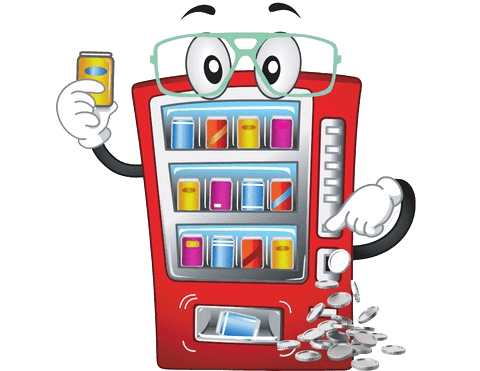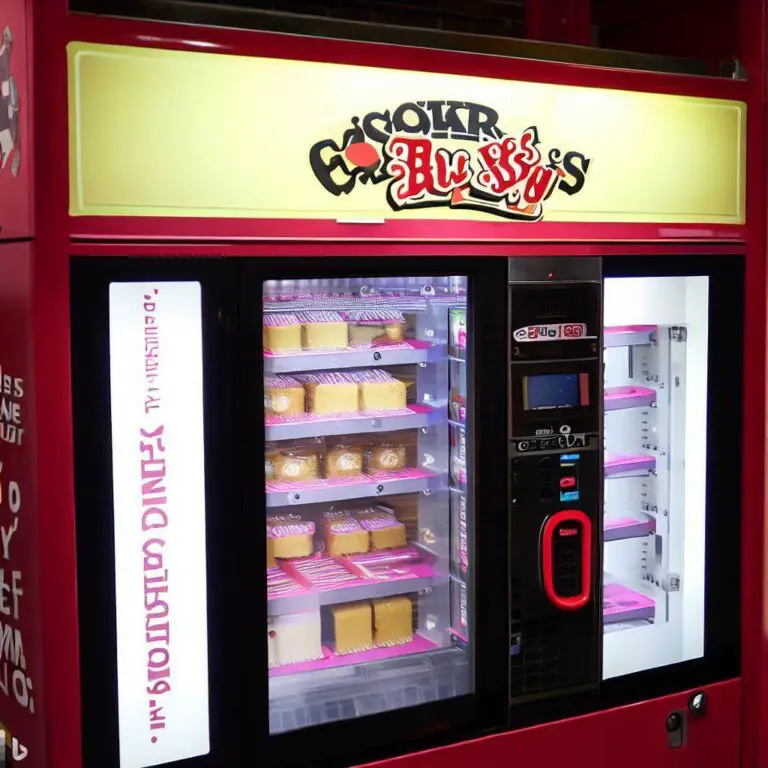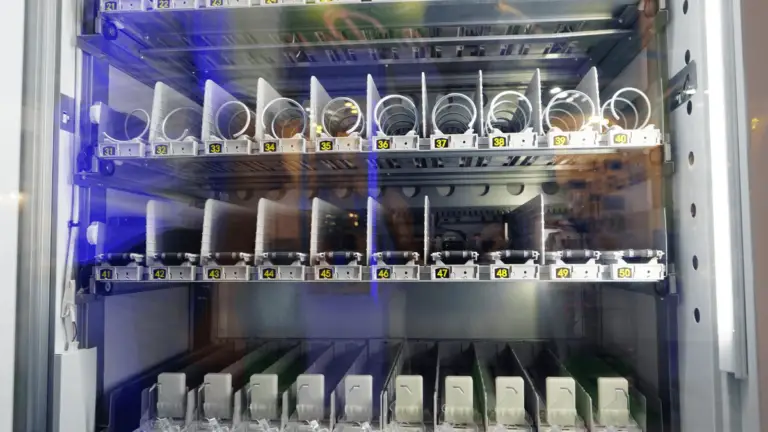Was Poppi Vending Machine Worth $25,000? Controversy Explained
Poppi vending machine worth $25,000 gift to influencers sparked backlash and debate. Learn the real price, controversy, and how the brand defended itself.
The controversy arose when the soda brand sent custom machines to influencers. Critics cited $25,000 cost claims, sparking backlash over waste and elitism.
Poppi disputed inflated prices and promised community redeployment to ease concerns.
Poppi Vending Machine Campaign — Overview & Analysis
In February 2025, Poppi — the prebiotic fruit soda brand — staged a Super Bowl–themed activation by sending neon-branded, full-size vending machines preloaded with free product to roughly 32 social creators. The influencer unboxings and party clips generated big social reach and sparked a broader conversation about marketing choices, costs and community impact.
Why it trended
How it connected to Poppi’s Super Bowl plan
The machines were an experiential complement to Poppi’s paid Super Bowl media: placed in creator-hosted gatherings, they put product directly into social moments rather than relying solely on ad impressions. The brand also staged at least one public pop-up during Super Bowl week to reach campus audiences in person.
Controversy & criticism
Along with the buzz came pushback. Public criticism grouped into predictable themes:
- Perceived wastefulness: Many argued expensive units for influencers felt extravagant compared to community-focused uses.
- Disputed cost claims: Rival posts suggested very high per-unit prices; Poppi disputed those figures and independent estimates placed hardware costs lower, creating a wide span of reported totals.
- Representation concerns: Observers noted recipients skewed demographically similar, prompting calls for more diverse placements.
- Environmental footprint: Critics highlighted the carbon cost of shipping large machines for short activations.
- Tone & timing: During sensitive economic times, some viewers found the activation out of step.
Cost snapshot
Public cost reports varied because they used different line items (hardware only vs. customization + logistics + talent/media). The table below compares commonly-cited figures.
| Claim | Per unit | Implied total (32 units) |
|---|---|---|
| High-end social claim | $25,000 | ~$800,000 |
| Independent hardware estimate | $7,500 – $10,000 | ~$240,000 |
| Company statement | Denies inflated figure | Not publicly disclosed |
Note: totals above exclude extra costs such as customization, freight, event staffing and the inventory inside each machine — different assumptions produce very different totals.
Who received machines
Poppi distributed approximately 32 loaner machines to creators — one per recipient — many of whom filmed unboxings and hosted game-day gatherings. The brand has said the units are intended for redeployment to events and community spots after the activation window.
Were they permanent gifts?
No — the company described the units as temporary activations that would be retrieved and used for future events and community partnerships.
How fans might encounter a Poppi machine
The machines are not sold through retailers. Instead, Poppi has used them for pop-up events, campus activations and nominated community placements. Fans are encouraged to request event placements or participate in giveaways to see the units in person.
How the machine works
Like a standard vending machine, users press a button to dispense a can into the retrieval slot. During activations the product is free; Poppi stocks and services the units while they are deployed for events.
Key takeaways
- Strong visibility but mixed sentiment: The activation delivered reach but also a debate about brand priorities.
- Perception matters: Public cost narratives can overshadow intent if numbers feel extravagant.
- Redeployment is a positive reframing: Using the units for community events reduces the sense of private gifting.
- Lessons for future activations: Transparent cost framing and inclusive placement choices help avoid avoidable backlash.






